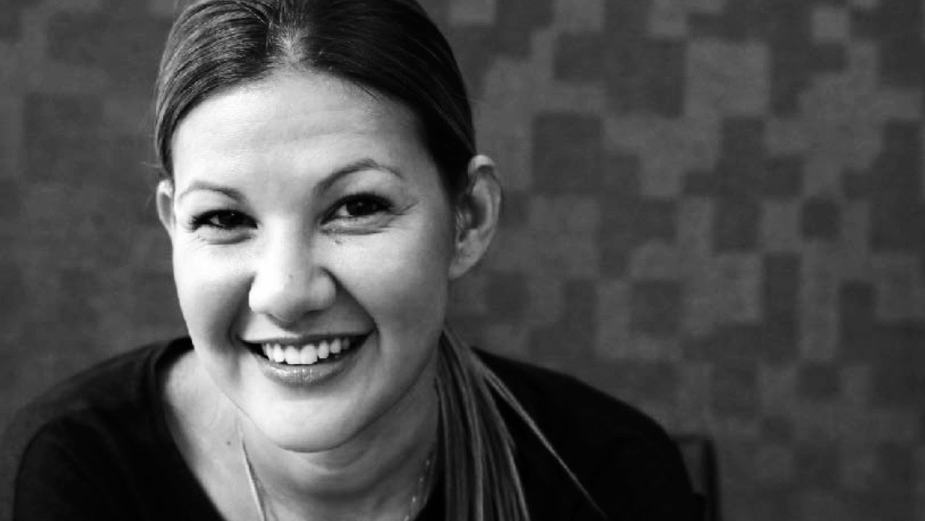
Maybe We Do Need Experts After All

‘Move fast and break things’: I’m not sure I can think of a sentence that more powerfully captures the boosterish, tech-crazed zeitgeist of the mid 2010s – Nor one that better expresses the chickens-coming-home-to-roost, told-you-so vibe of the early 2020s.
I learned the other day that the slogan was a favourite of the UK’s shortest-ever serving prime minister Liz Truss. I mean, she really took it literally. Meanwhile, it might be too early to say how things are going to play out with Twitter (for the sake of the employees and what is in many ways still an awesome platform, I hope it goes well) but the willingness of the new owner to run his experiments in public owes a lot to the Silicon Valley swagger embodied in the statement.
And what of the man who actually coined the phrase? Mark Zuckerberg has been doubling down on his decision to bet the farm on his curiously clunky vision of the Metaverse lately. Meanwhile, 13% of the company’s workforce is looking for a new job.
It must take an extraordinary level of self-belief to continue on a course which all the evidence points to as being the wrong one, with only the belief in your superior judgement, talent and intellect as a guide.
For a tiny minority of people on whom luck has shone brightly, this approach has served them well. For almost everyone else, it’s a disaster. I for one will be happy to see this particular tech bro mantra consigned to the history books.
I won’t pretend that the ‘fail fast’ approach doesn’t have some advantages. Particularly in certain very specialist circumstances, like digital product development. It makes more sense and is cheaper to build things and try them, than it does to try and plan every aspect of a development in advance and then press ‘go’.
However. The belief that you can apply the same principle to every endeavour is a pretty toxic one. Why? Because it mainstreams the idea that attitude is more important than aptitude.
Expert voices urging consideration and caution are drowned out by those who style themselves as braver and bolder.
What’s worse, the conflation of care with cowardice has seeped beyond working life into our culture generally, and will take a long time to undo.
One of the challenges of working in a creative business is the pressure to deliver quickly. This places the strategic part of the process under heavy pressure for a number of reasons.
First: the force multiplier effect. What might seem to be a small misdirection in strategy is amplified exponentially as the project progresses. Once productions begin and media is booked, the consequences of misdirection can get pretty big pretty quickly.
Second: we’re (largely) invisible. Strategy can seem like the ghost in the machine. We’re everywhere and nowhere at the same time. Like the wind, the effects of what we do are obvious, but the ‘thing’ we do itself, that’s much harder to pin down.
Third (and most importantly), while what we do might be mysterious, that doesn’t stop non-strategists from thinking they can do it better. Of course it’s true that a creative, or a producer, or an account exec can ‘think strategically’. It’s equally true that if you’re not thinking strategically, can it really be called ‘thinking’ at all?
The actual work of a strategist is both an art and a science, and requires training and experience. It’s a discipline where ‘move fast and break things’ is the opposite of a mantra for success. ‘Move with care and build things’, might be more apropos.
Why ‘move with care’? Because strategy is the art of extracting diamonds from detail. We have at our disposal now an endless onslaught of data and analysis about people and their behaviour. A firehose of informational background noise from which we have to extract patterns, recognise connections and weave threads between brands, products and people and use those connections to drive actions. Blink, and you might miss something critical.
Why ‘build things?’ Because a solid strategy is like the core of a reactor. It should be packed with the potential to create energy. If the physics aren’t right, the reaction will fizzle out into nothing, or it will create something uncontrolled and chaotic. It’s our job to get the science right at the start; to line up the structure so that the creative talent we work with has something to build on.
It can be tempting – even seductive – to think that a complex problem can be addressed with a simple, seemingly obvious solution. But it’s an idea that’s got us all into all kinds of strife in recent years. As we watch another tech bro smash his way through a complex system that’s taken years to become a long way from perfect, it’s worth considering that maybe, just maybe there’s a place for expertise, after all.















